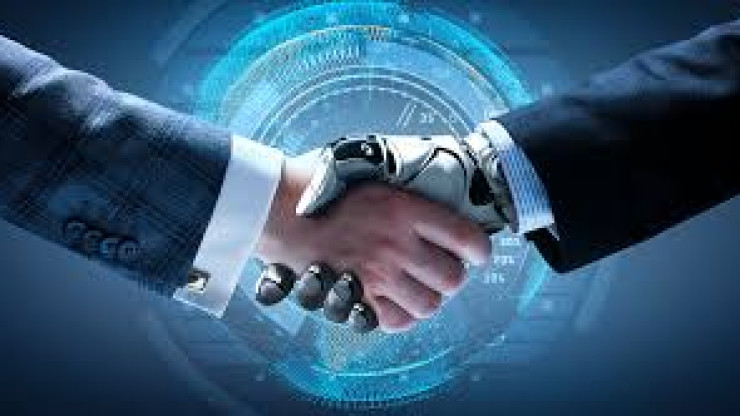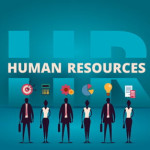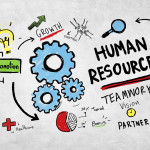The Future of Artificial Intelligence in HR: Innovations, Challenges, and Opportunities

Umair Durrani
Apr 26, 2024
78
As businesses embrace digitalization, AI-powered solutions are reshaping how HR departments operate, from recruitment to talent management and beyond. In this blog post, we delve into the exciting prospects, potential challenges, and key opportunities that AI presents for the future of HR.
1. Recruitment Revolution:
AI streamlines the recruitment process by automating repetitive tasks such as resume screening, candidate sourcing, and initial interviews. Advanced algorithms analyze vast amounts of data to identify top talent efficiently. This not only saves time but also enhances the quality of hires by identifying candidates based on skills, experience, and cultural fit.
2. Personalized Employee Experience:
With AI-driven HR systems, companies can offer personalized experiences to employees. From customized training programs to tailored career paths, AI algorithms leverage data insights to understand individual preferences and deliver targeted solutions. This fosters employee satisfaction, engagement, and retention.
3. Data-Driven Decision Making:
AI empowers HR professionals with actionable insights derived from data analytics. By analyzing workforce trends, predicting future skills requirements, and identifying potential risks, AI enables proactive decision-making. This strategic approach enhances organizational agility and competitiveness.
4. Ethical Considerations:
While AI offers immense potential, ethical considerations such as bias in algorithms and data privacy remain critical concerns. HR departments must ensure fairness, transparency, and accountability in AI-driven processes to build trust among employees and stakeholders.
5. Upskilling HR Professionals:
As AI transforms HR functions, there's a growing need for HR professionals to upskill in data analytics, AI technologies, and ethical AI practices. Continuous learning and development programs will be essential to equip HR teams with the expertise needed to leverage AI effectively.
6. Collaboration with AI:
The future of HR is not about humans versus machines but humans working alongside AI systems. Collaborative AI tools enhance productivity, creativity, and innovation within HR departments. By automating routine tasks, AI frees up time for HR professionals to focus on strategic initiatives and employee-centric activities.
7. Future Trends:
Looking ahead, AI in HR will continue to evolve with advancements in natural language processing, predictive analytics, and AI-driven chatbots for employee support. Virtual reality (VR) and augmented reality (AR) technologies will also play a significant role in transforming HR training and development programs.
Conclusion:
The future of Artificial Intelligence in HR is a journey of innovation, challenges, and opportunities. By embracing AI responsibly, HR departments can revolutionize their operations, enhance employee experiences, and drive organizational success in the digital age.








